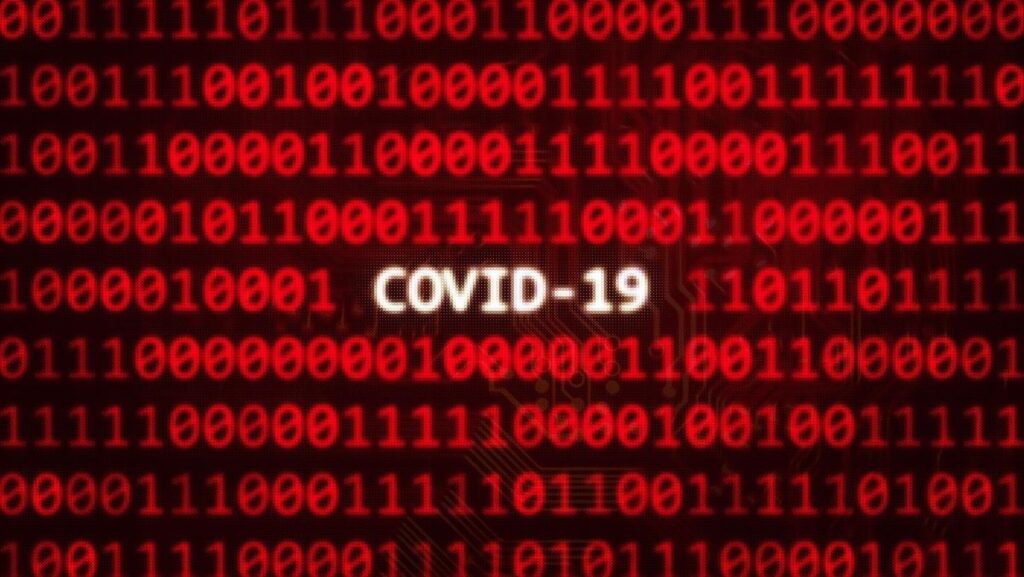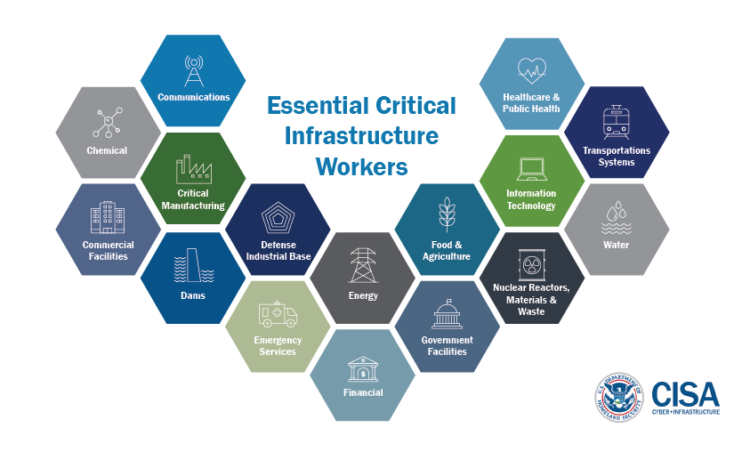With the federal and state governments asking nearly all workers to practice “social distancing” by staying at home, this begs the question, “Who is considered an essential worker?” The Defense Department considers defense contractors as “critical infrastructure” to national security. This designation comes with a requirement to maintain a consistent, regular work schedule amidst the COVID-19 coronavirus outbreak.
In a Friday memo to the defense industry, Undersecretary of Defense for Acquisition and Sustainment Ellen Lord stated that she expects defense companies to continue to deliver their contractual products and services on time.
“If you work in the critical infrastructure industry, as designated by the Department of Homeland security, you have a special responsibility to maintain your normal work schedule,” Lord wrote. “We need your support and dedication in these trying times to ensure the security of this Nation. I understand that this national emergency presents a challenge, and we are dedicated to working closely with you to ensure the safety of the workforce and the accomplishments of the national security mission.”

The memo may also be pushback to calls from industry and Congress for relief from contractual obligations. For example, the state of Maine wrote to Secretary of Defense Mark Esper to ask, among other requests, that companies receive flexibility in hitting contractual milestones if the workforce or supply chain is impacted severely by COVID-19.
Follow CDC Recommendations
Keeping the greater good in mind, Lord said that contractors continuing work should “follow guidelines from the Centers for Disease Control and Prevention as well as State and local government officials regarding strategies to limit disease spread.” Some companies have instituted work from home policies where applicable, although in cases such as the production of defense equipment or work in secure, classified facilities, that option is not available.
Communicate Often
Communication is essential as contractors face “social distancing” challenges because of the coronavirus, noted J. Alex Ward, co-chair of Morrison & Foerster’s government contracts and public procurement practice, during a webinar titled, “COVID-19/Coronavirus Webinar Series: Concerns for Government Contractors.”
“It’s even more important than usual to keep those lines of communication open,” he said. “For example, when you do get yourself into a situation that constitutes an excusable delay, you are required under the clauses to notify the contracting officer as soon as reasonably possible.”
According to Ward, “In this environment, we hope and expect contractors and the government will pull together. We strongly recommend trying to work this out…in a collaborative way.”
